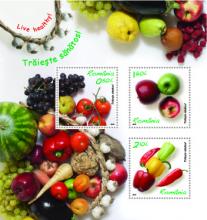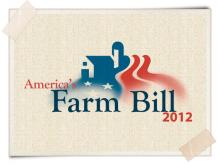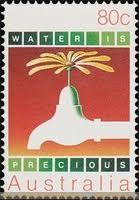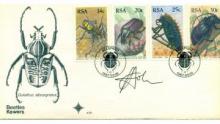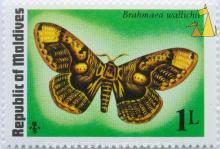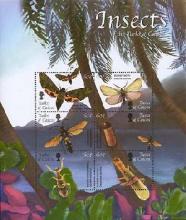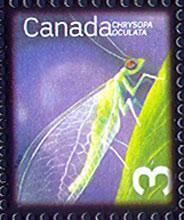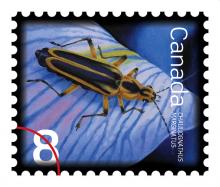Cruiser OCR makes up less than 0.5 percent of group sales, and Syngenta would try to offset any loss in revenue through other products
Swiss group Syngenta forecast another year of record sales as high crop prices and erratic weather spur farmers to use more of its pesticides, fertilisers and advanced seeds to boost yields. Net profit rose 17 percent to $1.87 billion to beat the average analyst forecast in a Reuters poll. Sales at Syngenta, which competes with DuPont, and Germany's Bayer, rose 7 percent in 2012 to $14.2 billion, falling just short of the average analyst forecast of $14.3 billion. Syngenta, which sells products to kill weeds and bugs as well as genetically-modified seeds, is targeting sales of its top eight crops of $25 billion by 2020. The Basel-based firm announced a dividend of 9.50 Swiss francs per share, up from 8 francs a year ago. A sharp fall in bee populations around the world in recent years has prompted criticism of pesticide use and last week the European Commission said it wanted EU member states to suspend the use of neonicotinoid insecticides. Mack said the decision was "scientifically misguided", but said it would have no material impact on 2013 sales as any restriction would only come into place after the sunflower, oil seed rape and corn is largely sown. Its pesticide, named Cruiser OCR, makes up less than 0.5 percent of group sales, and Chief Executive Mack said Syngenta would try to offset any loss in revenue through other products.


